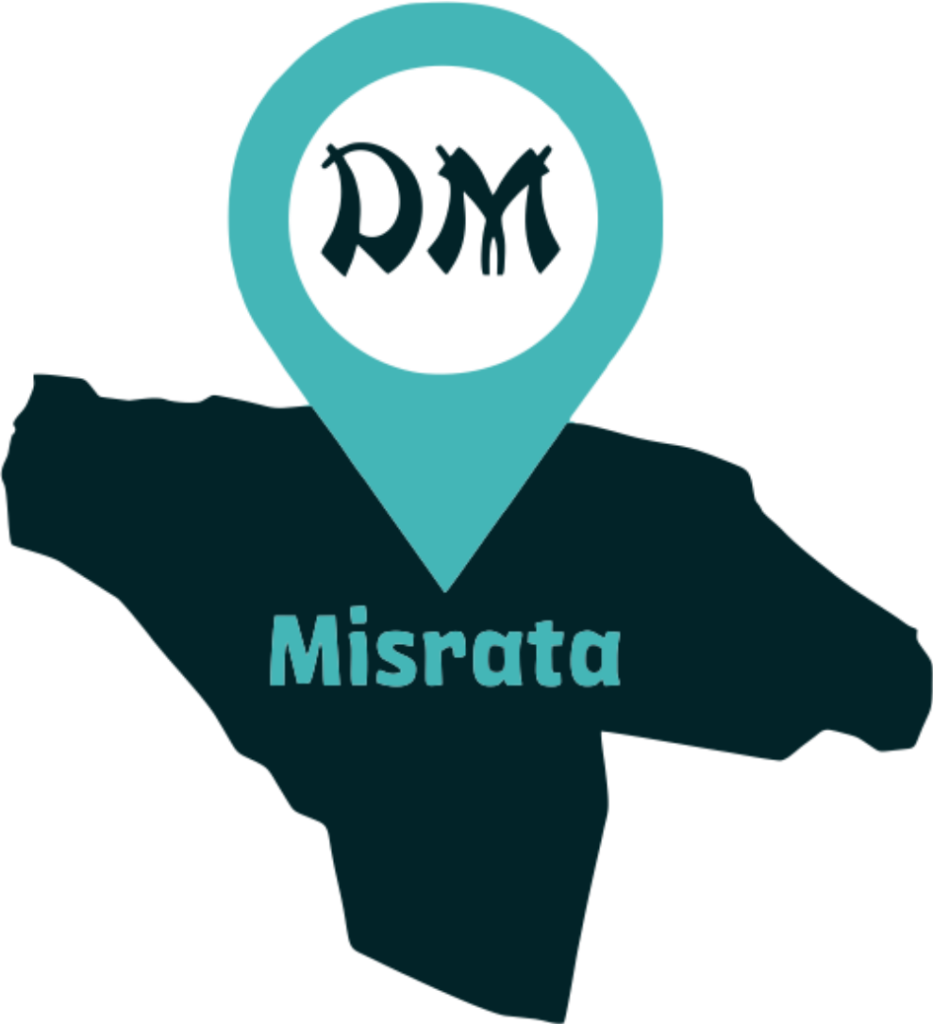What Is a CPA? What Does a Certified Public Accountant Do? UWorld
They can also hold chief controller or chief financial officer (CFO) positions, depending on their skill level and education. If you want to learn more about the CPA Exam, download our free 2024 CPA Exam Guide. This ebook includes everything you need to know, including the exam format, types of questions in each section, study tips and practice questions. Core sections test the ability to understand, apply, analyze and evaluate the foundational topics a newly licensed CPA is expected to know. Also, candidates must pass one of three Discipline sections to gain specialized knowledge in more advanced topics. Continuing professional education (CPE) components form the backbone of the renewal process — most states require CPAs to keep their skills sharp and current through ongoing training.
How to Become a Business Consultant: Step-by-Step Process
Financial managers take responsibility for the financial operations and health of an organization. They set financial goals, ensure the organization meets legal requirements, and identify and analyze financial risks and opportunities. Many employers look for financial managers with advanced credentials like a CPA and relevant experience. The CPA license also requires that you understand and implement GAAP practices and external reporting processes, http://ankerch.crimea.ua/page/9/ which are vital to public accounting and compliance. CPAs appear throughout the business and financial world, working in public accounting, business and industry, government, not-for-profit, and education. Most people earn a bachelor’s degree in accounting or a related field.
- As a college student, I learned and liked that accounting is the basis and building block of many financial and business decisions.
- Learn about start dates, transferring credits, availability of financial aid, and more by contacting the universities below.
- Covering accounting fundamentals, auditing, and tax areas, the CPA license sets you up for work in public accounting across specialties.
- CPAs are certified accounting professionals who must meet specific requirements and hold a professional license that authorizes them to work as a CPA in their state.
- And while not mandatory in all 50 states, it’s required in most (and encouraged in all).
Pass the Uniform CPA Exam
The CIA exam, while rigorous, tests exclusively on internal auditing principles and practices. Public accountants provide services to a variety of individuals or businesses and can specialize in areas like tax or forensic accounting. To become a licensed Certified Public Accountant (CPA), you must meet the education, examination, and experience requirements. All candidates must pass the Uniform CPA Examination ® (CPA Exam), which consists of three four-hour Core sections and one four-hour Discipline section of your choice.
Is the CPA Exam harder than the CIA Exam?
I’ve met plenty of great accountants who don’t have a CPA, but in my experience, having the credential really helps to advertise your expertise and makes a difference in your compensation and career options. There are some workplaces that don’t want to consider someone for an accounting role who is not a CPA. I received my bachelor of business administration in accounting at the Isenberg School of Management at the University of Massachusetts Amherst. The teachers there are wonderful and really prepared me well for a future in accounting. We learned a lot about financial accounting http://www.neogranka.com/forum/showthread.php?t=25221 and also learned to audit.
CPA exam
Internal auditing focuses on reviewing processes within the company and improving efficiencies or fixing any incompliances before an external audit that needs to be publicly reported. As a CIA, you focus solely on your organization, understanding your market and industry, the company’s activities and financial management, and reporting http://tvturizm.ru/deli/15-asia and advising to internal decision-makers. CPAs in the public accounting industry work with businesses and individuals to review and prepare financial information that will be released to the public or filed with the government.
Certified Internal Auditor (CIA)
Learners are advised to conduct additional research to ensure that courses and other credentials pursued meet their personal, professional, and financial goals. The CPA designation is granted by individual state boards, not the American Institute of Certified Public Accountants (AICPA). Membership in the AICPA is not obligatory for CPAs, although some CPAs do join. Every state includes a passing score on the CPA exam among its CPA certification requirements. This rigorous standardized exam, developed and administered by the Association of International Certified Professional Accountants, occurs in four sections.
Start CIA Exam Review
You can be an accountant without being a Certified Public Accountant, but earning a CPA license adds a valuable credential to your resume. It means you’ve passed a nationally recognized test that has been modified to reflect your state’s regulations. It opens the way to jobs that other accountants can’t take on, such as performing audits of public companies. CPAs have a wide range of career options available in public accounting (that is, working for an accounting firm), corporate accounting (working inside a company), or government service. Individuals with the CPA designation can also move into executive positions such as controller or chief financial officer (CFO). Candidates are required to complete 150 hours of education and have no fewer than two years of public accounting experience.
If you want to keep your options open, gain a broad spectrum of knowledge, and work in the public space, a CPA license will expand your opportunities and set you up for career-long success. Both the CIA certification and CPA license give you the credentialing necessary to advance your auditing career. That said, when considering CIA vs CPA, there are significant career differences that you should understand. After passing each section of the CPA Exam, a CPA candidate may need to pass the AICPA ethics exam. And while not mandatory in all 50 states, it’s required in most (and encouraged in all). Earning the CPA designation is a significant achievement that signifies having a deep understanding of accounting practices and an adherence to the highest level of standards.
